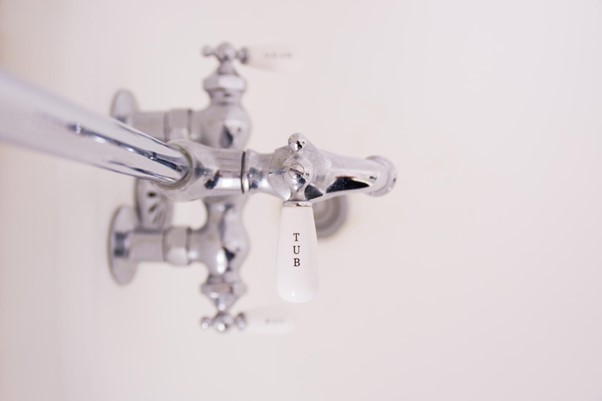The Importance of Regular Drain Cleaning
Regular drain cleaning is crucial in maintaining a functional and hygienic drainage system. It helps to prevent blockages, which can cause unpleasant odours, unsanitary conditions, and costly backups. Regular cleaning also helps spot any potential issues and keeps your drains functioning for longer.
If you are experiencing slow drainage, gurgling sounds coming from the drain, unpleasant smells, water backup and standing water in sinks or shower stalls it could be that your drains are blocked or in need of attention.
Additionally, if multiple drains in your home are experiencing issues, it could be a sign of a larger problem with your drainage system that may require professional solutions, such as a CCTV survey.
Common Causes of Drain Blockages
Your drains are used a lot and every day too. Tree roots, grease build-up, and general debris can block your drains from the inside and the outside.
Tree roots can grow into pipes and cause cracks, leading to blockages. Grease build-up can solidify and clog pipes over time. Rubbish, such as wet wipes and sanitary products that are improperly disposed of down the toilet can also contribute to blockages.
Preventing these issues can be as simple as avoiding flushing non-degradable items down the drain and properly disposing of grease. However, a regular drain clean will stop simple problems before they become larger, and more costly, issues to fix.
DIY vs Professional Drain Cleaning
DIY drain cleaning is easy, cheaper and can certainly help. But home remedies may not fix the issue if you’re cleaning your drains because the symptoms of a blocked drain already exist. Professional drain cleaning companies have the expertise and equipment to quickly and effectively address the issue, but will come at a higher cost.
Naturally, if you have a blocked drain due to a cracked pipe or tree root, you likely won’t uncover this for yourself. What’s more DIY drain cleaning might not rid the drain of the blockage properly, leading to drains quickly blocking again.
Dirty drains can pose a significant health risk. They can lead to the spread of diseases and exposure to toxic chemicals, which can harm both human and environmental health. It is important to address any drain issues properly and to practise good hygiene.
It is also important to choose a reputable and experienced drain cleaning company to ensure the job is done right and any potential issues are addressed effectively.
The Different Methods of Drain Cleaning
Regular drain cleaning helps clear blockages and maintain clean pipes and can be done in a variety of ways. One common method is hydro jetting, which uses high-pressure water to blast away blockages and clean the interior of pipes. Manual rodding involves physically removing blockages with specialised tools, such as snakes and augers that are physically pushed into the drain. Electrical cleaning uses electrical currents to dissolve and remove build-up from the pipes.
The efficiency and cost of each is dependent on the severity and type of blockage. For example snakes and augers (which bore through blockages) are effective for most clogs, but can be difficult to use properly and can potentially damage pipes. Hydro-jetting is highly effective and can clean the entire length of the pipe, but it requires professional equipment and expertise. It’s a common method for removing tree roots too. However, it won’t prevent them from growing back into the pipes in the future. You’d need professionally-installed root barriers or the tree removed altogether.
Final Thoughts
Having your drains cleaned regularly can help prevent clogs and blockages from forming, which can lead to larger plumbing issues and expensive repairs. Regular drain cleaning can also help improve the overall performance and lifespan of your plumbing system, as well as help maintain good hygiene in your home by preventing unpleasant odours and bacteria build-up. It can also be particularly important in commercial settings where a backup can cause significant inconvenience, downtime, or even customer safety hazards.

